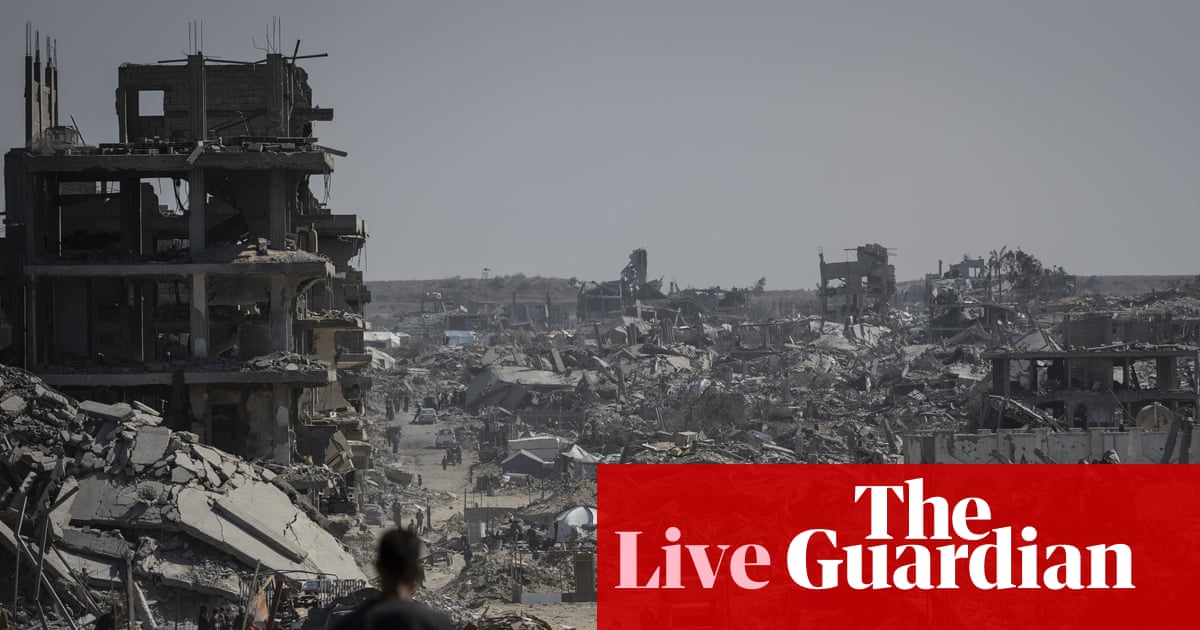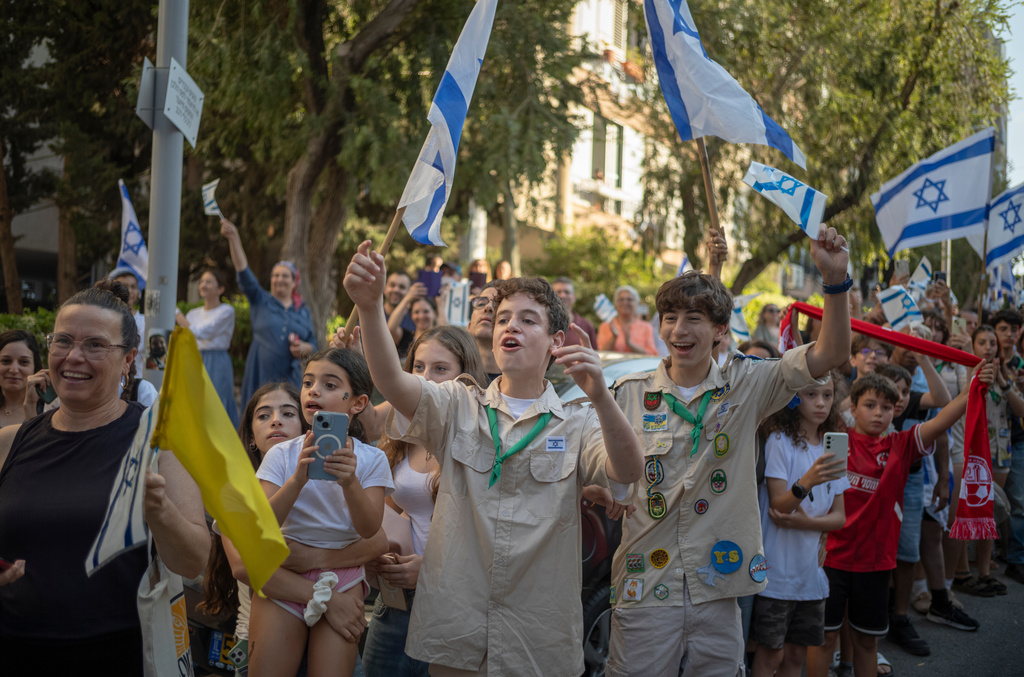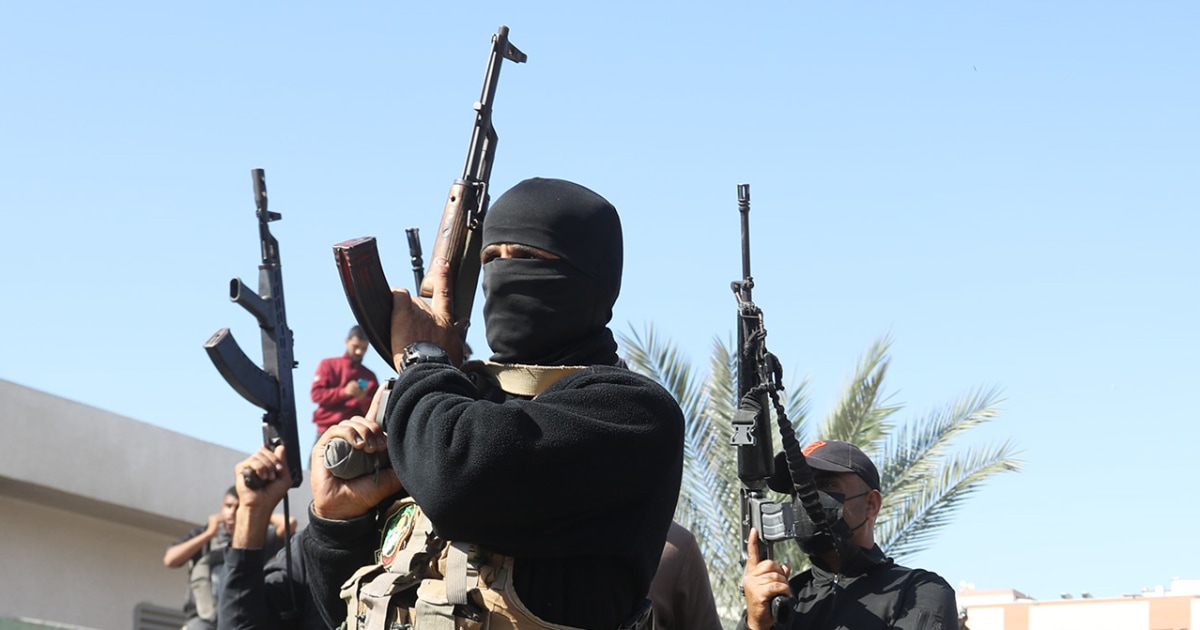Israel Targets Hezbollah, Netanyahu Engages Anti-Hamas Clans Amid Hostage Efforts
Israel targeted Hezbollah infrastructure in Lebanon, facing accusations of firing on Palestinians during a truce. PM Netanyahu activated anti-Hamas clans, vowing to secure all hostages.
Subscribe to unlock this story
We really don't like cutting you off, but you've reached your monthly limit. At just $5/month, subscriptions are how we keep this project going. Start your free 7-day trial today!
Get StartedHave an account? Sign in
Overview
- Israel launched military operations targeting Hezbollah terrorist infrastructure located within Lebanon, indicating ongoing regional tensions and cross-border engagements.
- Accusations emerged that Israeli forces opened fire on Palestinians during a period of truce, raising concerns about adherence to ceasefire agreements and civilian safety.
- Israeli Prime Minister Benjamin Netanyahu initiated efforts to activate clans that are known to oppose Hamas, aiming to leverage local dynamics in the conflict.
- Prime Minister Netanyahu publicly reaffirmed his unwavering determination and commitment to securing the safe return of all hostages currently held captive.
- These actions highlight Israel's multi-faceted approach, addressing both external threats from Hezbollah and internal strategies against Hamas, alongside humanitarian concerns for hostages.
Report issue

Read both sides in 5 minutes each day
Analysis
Center-leaning sources frame the story by emphasizing Hamas's violent reassertion of control and its challenge to peace efforts. They highlight the group's "militant" actions, including executions and clashes, and consistently link these to the critical, unfulfilled goal of Hamas's disarmament. The narrative underscores the difficulty of achieving stability while Hamas remains a dominant force.
Articles (3)
Center (1)
FAQ
Israeli warplanes launched 12 strikes targeting Hezbollah sites, particularly locations storing heavy machinery used for rebuilding militant infrastructure in the Msayleh area of Lebanon[1]. These actions were specific to Hezbollah sites believed to be involved in preparing for future militant operations.
The Israeli cabinet ratified a hostage agreement with Hamas, and a truce in Gaza went into effect on 10 October 2025[2]. However, there have been allegations of Israeli forces firing on Palestinians during this truce, raising concerns about compliance with the ceasefire. The specifics of the hostage deal, including the number and identities of hostages to be released, are not detailed in the provided sources.
The article notes that Prime Minister Netanyahu is activating clans known to oppose Hamas, but it does not specify their identities or the exact nature of their involvement. Generally, such clans are local groups in Gaza or neighboring regions that have historically rivaled Hamas, and their activation suggests a strategy to undermine Hamas’s influence from within, though operational details remain unclear.
In Lebanon, one Syrian national was killed and six others, including two women, were wounded in Israeli airstrikes targeting Hezbollah sites[2]. In Gaza, the Health Ministry reported a significant increase in the Palestinian death toll, with 117 bodies recovered from rubble in a single day, bringing the total to 67,806 as of 12 October 2025[2].
The article mentions accusations against Israeli forces for firing on Palestinians during the truce, but there is no information in the provided sources about specific international reactions or investigations into these allegations. Such incidents typically draw scrutiny from international bodies and human rights organizations, but no details are available here.
History
- This story does not have any previous versions.



